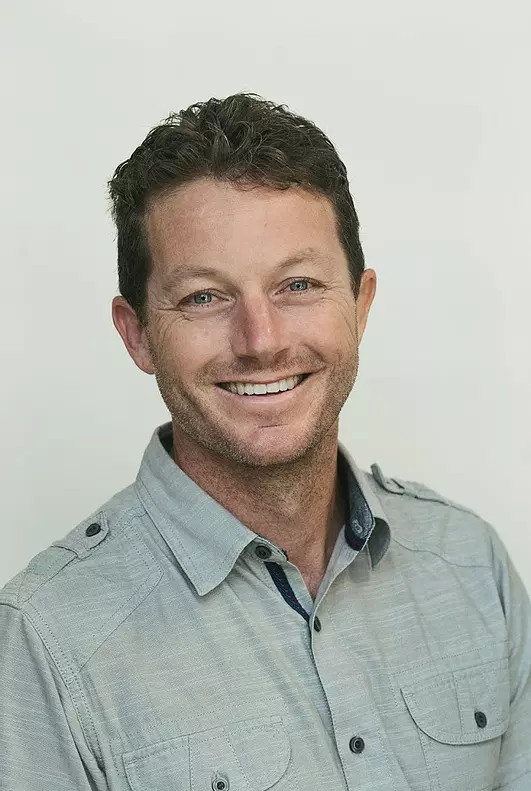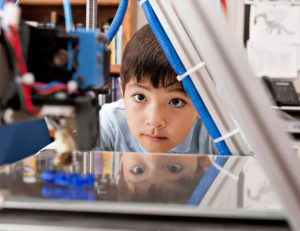
A Novel Approach to a K12 School Focused on Space Exploration
By Mark Wagner, Ph.D. Introduction With the current explosion of progress in space exploration and industry, many questions related to the first legitimate long term

Originally a high school English teacher, Dr. Mark Wagner also served as an educational technology coordinator at the site, district, and county levels. For fourteen years, he then served as CEO of EdTechTeam, a California Benefit Corporation and global network of educational technologists which provides professional development to fifty thousand teachers a year. In this capacity he helped lead the Google Certified Innovator Program since 2006, led a series of conference-style summits featuring Google for Education since 2011, and helped launch Future Ready Schools in 2014. Over this time he also founded or helped lead six influential non-profit organizations.
As co-founder of ARES Learning, Dr. Wagner now unites his early love of space exploration (he originally studied Astronautical Engineering as an undergrad) with his career in education technology. He brings a unique combination of experience with constructivist learning theory, school transformation, and space science education. He focuses on student agency, inspiring and empowering students to generate their own solutions to the problems they are most passionate about.
Mark Wagner has a Ph.D. in Educational Technology and a master’s degree in cross-cultural education. His doctoral research focused on the use of video games in education, and specifically on the potential applications of massively multiplayer online role-playing games (MMORPGs) as constructivist learning environments. He is the author of More Now: A Message from The Future for The Educators of Today (2018). Dr. Wagner is currently engaged in original research for graduate certificates in Space Education and Space Philosophy at the Kepler Space Institute, with expected completion in 2021.
Outside of his work, Mark loves playing hockey, practicing martial arts, and obsessing over his ’62 beetle, which now runs on an electric motor and Tesla batteries. He is a certified health coach and biohacking enthusiast with a focus on longevity and healthspan. He also enjoys songwriting, spending time in nature, and exploring the world with his family and friends. He lives in Irvine, California with his wife, Eva, and their boys, Clark and Finn. Naturally, he’s a Trekkie… and a U2 fan.

By Mark Wagner, Ph.D. Introduction With the current explosion of progress in space exploration and industry, many questions related to the first legitimate long term

The philosophy of space is a new and still developing discipline. However, the space age is a historically significant period in human history that must be confronted by philosophers (Hetzler, 1982). Of primary importance to the practice of space philosophy is the question of why human beings should explore space, or whether or not we should. The purpose of this literature review was to answer that question based on a body of previous space philosophy, and to also consider the question through the lens of education; asking whether or not children should be educated for space exploration.

The philosophy of space is a new and still developing discipline. However, the space age is a historically significant period in human history that must be confronted by philosophers (Hetzler, 1982). Of primary importance to the practice of space philosophy is the question of why human beings should explore space, or whether or not we should. The purpose of this literature review was to answer that question based on a body of previous space philosophy, and to also consider the question through the lens of education; asking whether or not children should be educated for space exploration.
Join our mailing list to be updated on future published articles.
Copyright © 2018-2019 2211. All Rights Reserved.